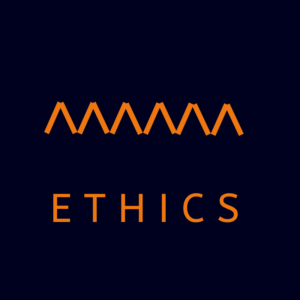The communications industry is no stranger to ethical dilemmas. Communications professionals are all trying to push out positive content about their clients, but would they be okay with completely misleading and taking advantage of consumers? The Fyre Festival disaster did just that two years ago, and it is hitting headlines again, as Netflix and Hulu both released documentaries covering this PR nightmare.
Fyre Festival seemed to have it all: an exclusive, luxurious, A-list music festival on a private island in the Bahamas. With the festival occurring over just two weekends, people were offered deluxe accommodations featuring top notch musical performances, meals from celebrity chefs and more (with tickets priced between $500-$12,000 a piece).
The organizers’ PR strategy was unique, relying heavily on social media influencers, actors and models to promote the festival. Some celebs were charging up to $250,000 for one post. Many of these posts did not include the “#ad” disclaimer, which led many to believe their favorite influencers would be attending the festival. Organizers also put together promotional videos featuring models and some familiar celebrity faces on beaches, dancing and having the time of their lives. This seemed to be a promising event, right? Wrong.
After spending absurd amounts of money and expecting an extravagant weekend, attendees were checked in at small shacks and soon learned the “modern, eco-friendly geodesic domes” they expected to sleep in were actually disaster relief tents. It didn’t stop there. With no food, water, mattresses, bathrooms or ways to get off the island, the festival seemed like the end of the world.
With attendees stranded, hungry, and understandably upset, this was the start of a huge scandal and PR nightmare.
So, I know what you’re thinking: “How did no one see this coming?” or “Why didn’t they call it off?” These are questions many are still seeking to answer.
It’s situations like these that result in distrust between consumers and communicators. And this presents a fundamental question about PR: Is it ethical? In many cases, the products you see on the shelves and celebrity endorsements you read have a PR team behind them making sure everything is perceived in the best way possible. Most people accept this. However, scandals like the Fyre Festival debacle cause people to second guess PR and advertising, believing that everyone is dishonest, even when it’s not the case.
In the Fyre Festival situation, not only were the leaders of the festival under fire, but so was everyone else somehow tied to the event. The influencers, advertising agencies, PR teams, and employees lost the trust of their audiences, and their names will be associated with this for a long time. The next time one of these influencers promotes a product, people are likely to think twice about it.
In the end, misleading ads and false promises led the creators behind Fyre Festival down a road of lawsuits, with their names blasted prominently in every headline. As PR professionals, we must learn from these situations and continue to practice PR with integrity. Because without the public’s trust, we have nothing.